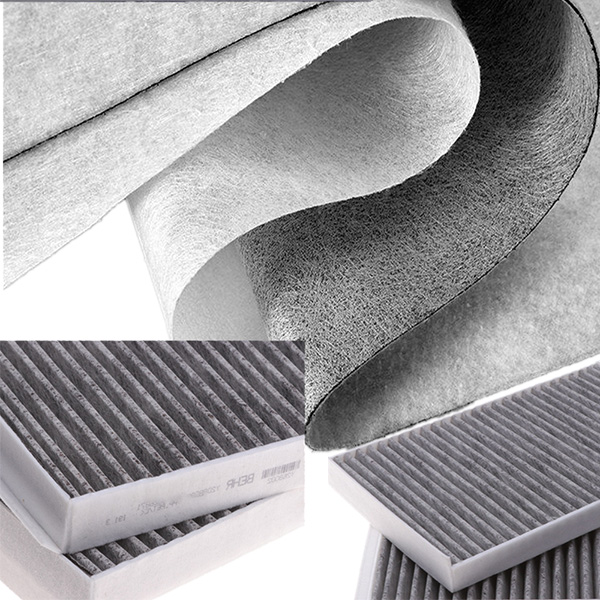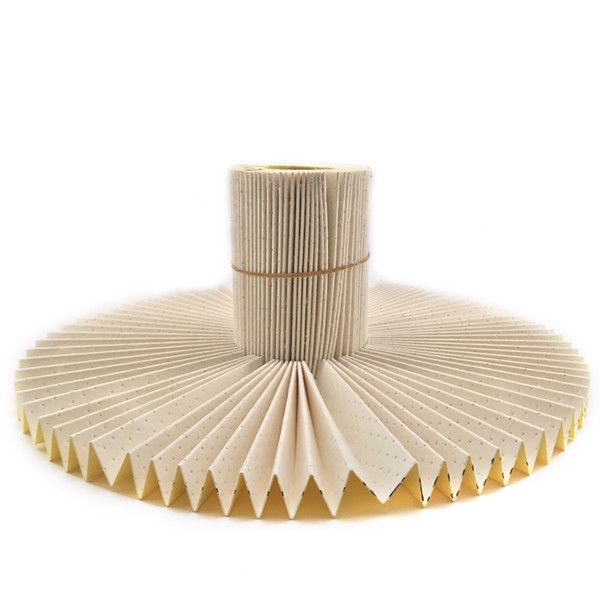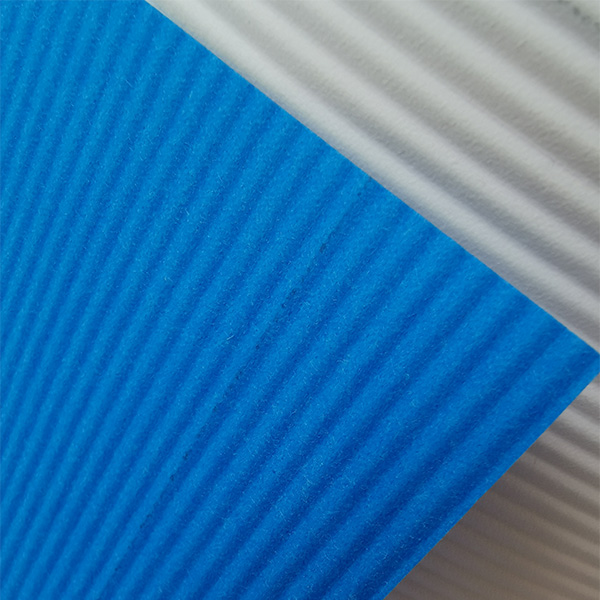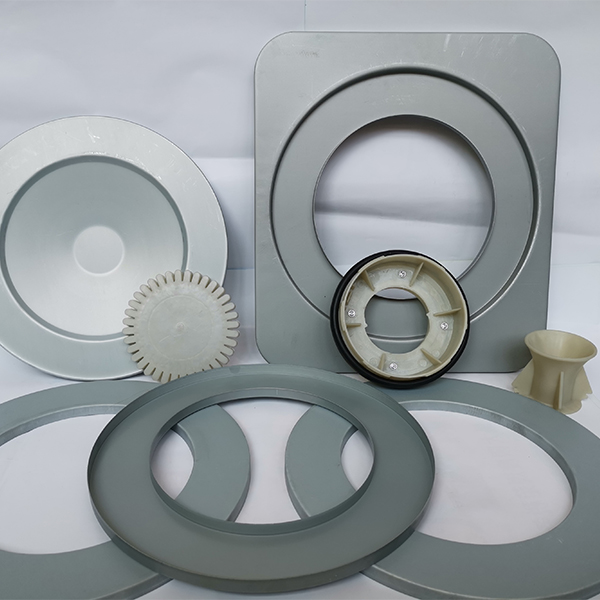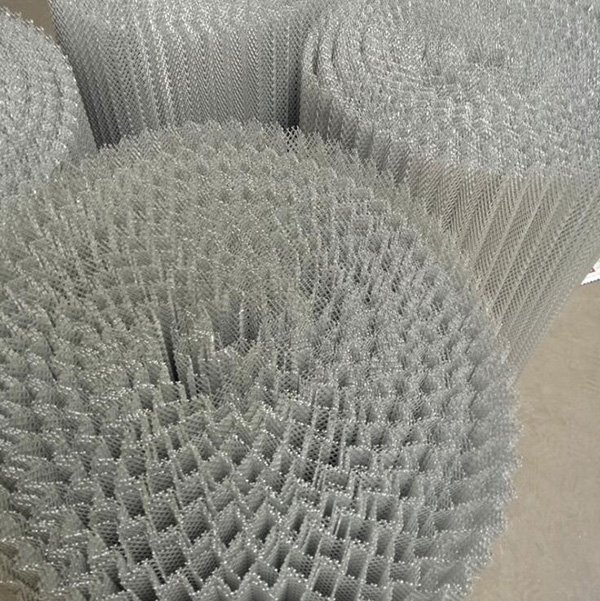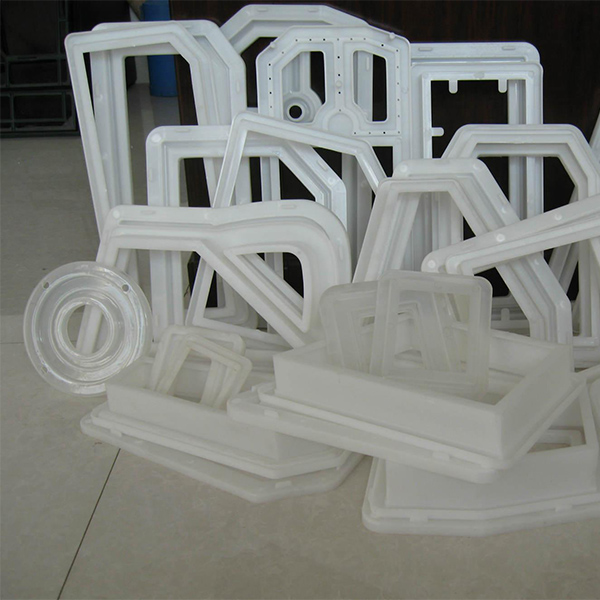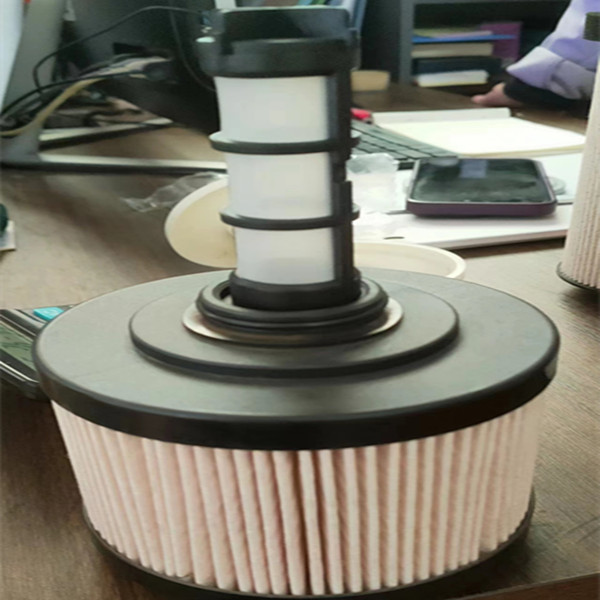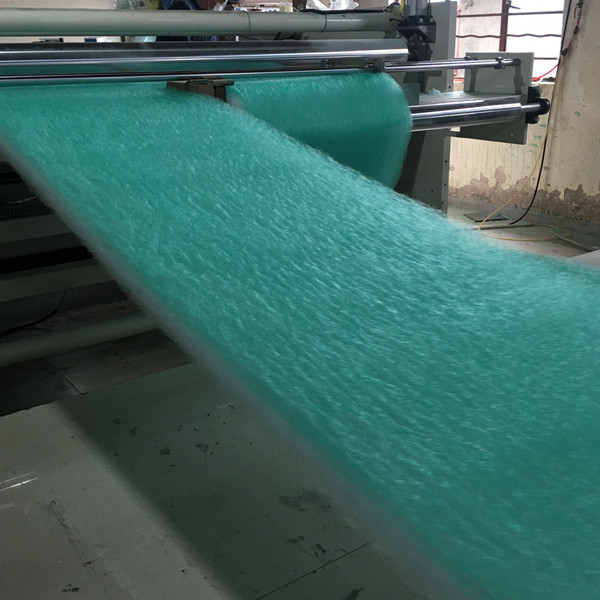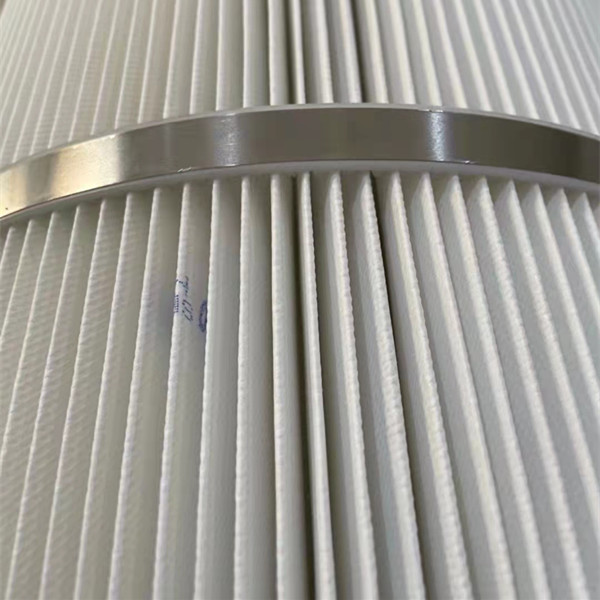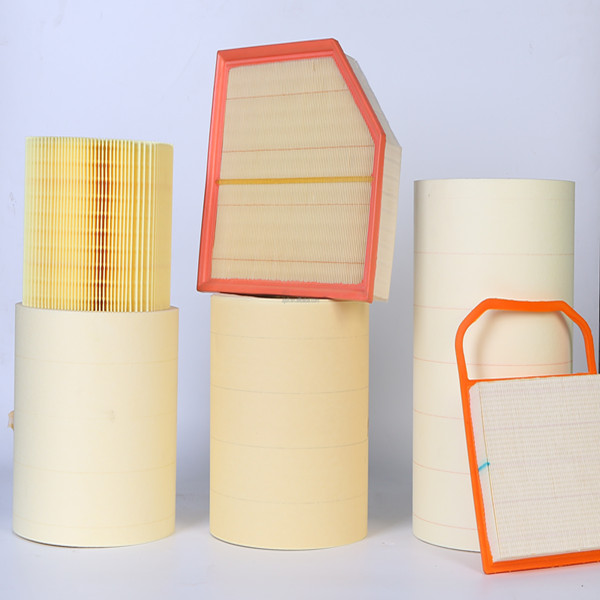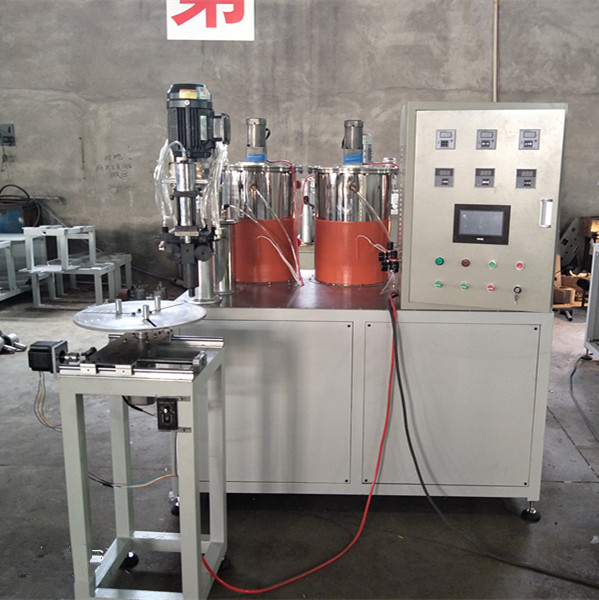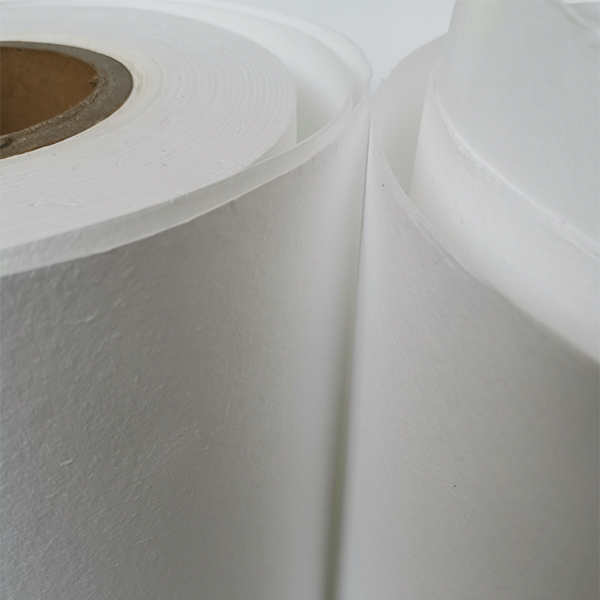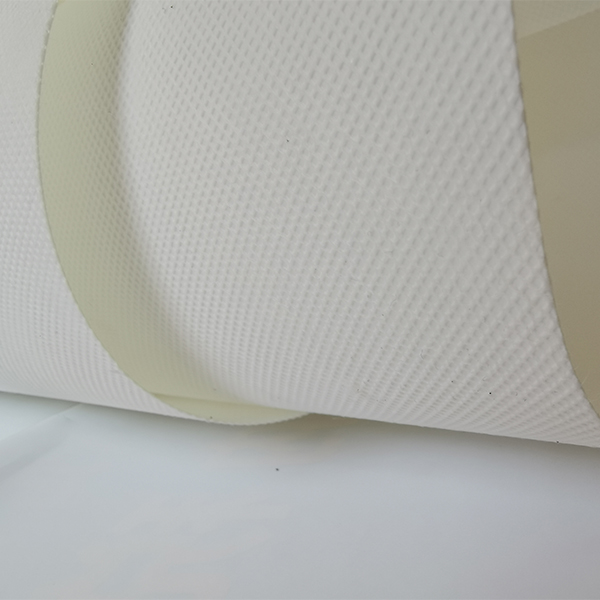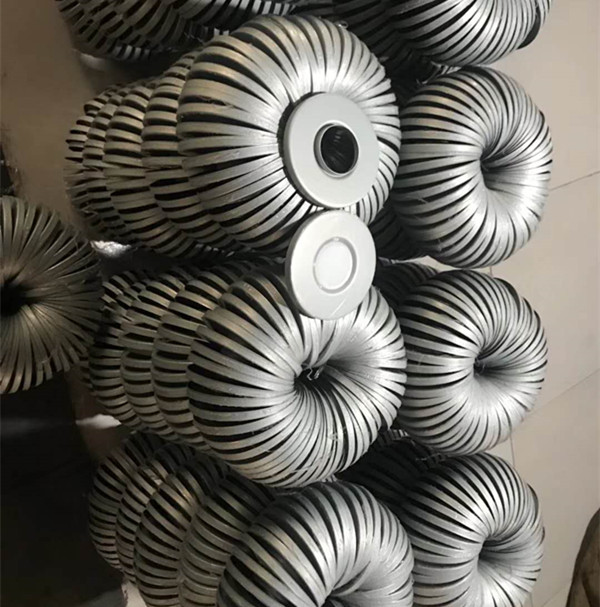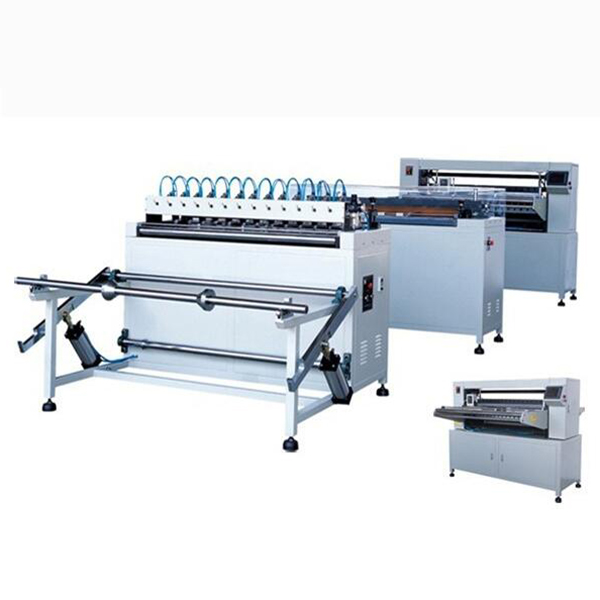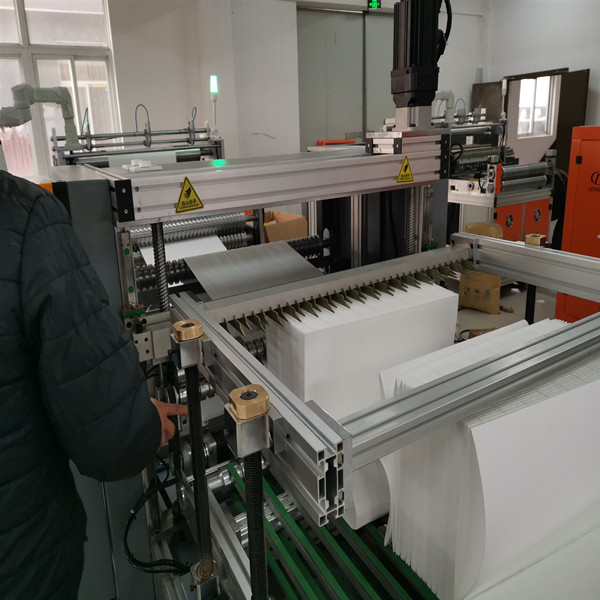What Are Metal Mesh Filters Air Filters and Why Should We Care?
Metal mesh filters air filters might sound like industry jargon, but they quietly play a crucial role in the backdrop of modern life—from industrial manufacturing lines to everyday home HVAC systems. In essence, these filters use woven or welded metal wire materials to separate particles and contaminants from air streams. That simple function translates into cleaner environments, more efficient machinery, and even critical healthcare and disaster relief applications across the globe. Why does this matter? Well, air pollution and contamination are growing global concerns. According to the World Health Organization, outdoor air pollution caused 4.2 million premature deaths worldwide in 2016 alone. So, filtering air properly isn’t just a technical challenge—it impacts public health, industrial safety, and even climate efforts. ### Mini takeaway: Metal mesh filters air filters may be behind-the-scenes tech, but they form a first line of defense against air pollutants, damage, and health hazards worldwide. ---The Global Importance of Metal Mesh Filters Air Filters
Around the world, clean air initiatives are shaping industrial standards and public health policies. ISO standards such as ISO 16890 have increasingly emphasized the need for efficient, durable air filtration technologies in HVAC, automotive, and industrial environments. Metal mesh filters air filters answer several pressing challenges: - They withstand harsh conditions better than many synthetic filters. - They’re reusable and easy to clean, making sustainability goals more achievable. - Their robust design means fewer filter replacements, reducing waste and cost. A 2023 report by the International Energy Agency highlighted how industry’s push for more sustainable manufacturing is directly encouraging innovation in filtration tech. That’s where metal mesh air filters shine—they lag less in performance drop-off than fiber-based filters, especially in dusty or corrosive environments. ### Mini takeaway: Governments, manufacturers, and environmental bodies are all key players in the rising demand for reliable, sustainable air filtration technology. Metal mesh filters fit neatly into this evolving global puzzle. ---Defining Metal Mesh Filters Air Filters: A Simple Explanation
Simply put, metal mesh filters are screens made of fine strands of metal—usually stainless steel, aluminum, or sometimes copper—that trap dust, debris, or airborne particles while letting air flow smoothly. Unlike paper or synthetic fiber filters you might find throwing away seasonally, these are built to be durable and often reusable. In industrial terms, these filters act like the gatekeeper to sensitive machinery, ensuring tiny particulates don’t cause expensive damage. On the humanitarian side, they help improve indoor air quality in shelters, hospitals, and remote facilities where replacement filters might not be readily available or affordable. ### Mini takeaway: Metal mesh filters air filters are simple in concept but vital in function, bridging industrial durability with public health needs. ---Key Factors in Metal Mesh Filters Air Filters
Durability
Metal mesh filters stand out for their robustness. They tolerate high temperatures, humidity, and chemical exposure far better than traditional fiber or foam filters. For industries running 24/7, that means fewer shutdowns for filter changes and less risk of mechanical failure.Reusability & Cost Efficiency
It’s not just about lasting longer but being washable and reusable without losing filtration quality. Over time, this dramatically reduces operational costs—a boon especially for remote sites or budget-conscious sectors.Scalability & Flexibility
From tiny air purifiers to massive HVAC systems, metal mesh filters come in customizable sizes and mesh densities, allowing precision filtration for specific particulate sizes or airflow rates.Corrosion Resistance
Selecting the right alloy is crucial. Stainless steel, for example, remains rust-free in moist or outdoor settings, extending filter lifespan.Maintenance Friendly
Cleaning these filters is straightforward: simple rinsing or ultrasonic baths can strip away contaminants, which is why industries prefer them for continuous operations. ### Mini takeaway: The best metal mesh filters balance durability with cost and adaptability, making them practical for a wide range of settings. ---Global Applications and Real-World Use Cases
Take the automotive industry: cars depend on clean airflow for both combustion engines and climate control. Metal mesh filters air filters are increasingly favored for their longevity under heat and vibration. In remote mining operations—say, the arid Australian Outback—frequent dust storms mean synthetic filters clog quickly. Metal mesh filters can be cleaned and reused daily, maintaining air quality for workers and equipment alike. Post-disaster relief organizations also lean on these filters; in makeshift clinics, they ensure airborne contaminants don’t spread disease while being easy to maintain with limited resources. ### Mini takeaway: From remote mines and factories to emergency shelters and hospitals, metal mesh filters prove their worth across varied, demanding environments. ---Tangible Advantages and Long-Term Value
What’s striking is how these filters combine environmental, economic, and social benefits. Less frequent disposal reduces landfill waste—something increasingly critical in an age of environmental consciousness. Their affordability makes advanced filtration accessible in developing regions, elevating safety and living standards. Emotionally, users often report more trust in spaces equipped with visible, sturdy metal filters—there's a psychological boost to knowing your air barrier isn’t a flimsy disposable sheet. ### Mini takeaway: Metal mesh air filters offer a rare trifecta: sustainability, cost savings, and peace of mind. Long-term, that’s a compelling value proposition. ---What’s Next? Future Trends and Innovations
Oddly enough, the future of these filters is tied to smart tech. Imagine metal mesh filters embedded with sensors that monitor clogging in real-time to schedule cleanings, optimizing efficiency and lifespan. Material science is also pushing boundaries: coatings that repel bacteria and fine particulates, or lightweight alloys for aerospace air filtration. With rising climate challenges, expect demand for filters that reduce energy usage in HVAC systems by allowing freer airflow with the same filtration power, tying into global green energy targets. ---Challenges and Practical Solutions
No technology is perfect, and metal mesh filters face their share of hurdles: - They usually don’t filter ultrafine particulates without additional layers. - Initial costs are higher than basic synthetic filters. - Cleaning effectiveness depends on site conditions; heavily oily or sticky contaminants require specialized cleaning solutions. Innovative multi-layer designs merge metal mesh bases with nanofiber layers, addressing ultrafine dust. Also, modular filter frames that slide in and out simplify cleaning and replacement—minimizing downtime. ---FAQ: Frequently Asked Questions About Metal Mesh Filters Air Filters
Q1: Can metal mesh filters remove allergens as effectively as HEPA filters?A1: Metal mesh filters excel at capturing larger particles but typically need to be paired with finer media, like HEPA layers, for allergens such as pollen or pet dander. They often serve as durable pre-filters in multi-stage systems. Q2: How often should metal mesh air filters be cleaned?
A2: Cleaning frequency varies with environment. In dusty industrial settings, weekly or biweekly may be necessary. Cleaner environments can extend that to monthly or quarterly. Regular checks help prevent airflow restrictions. Q3: Are metal mesh filters reusable for home HVAC systems?
A3: Absolutely, many residential systems incorporate reusable metal mesh pre-filters that prolong the life of finer disposable filters behind them — a cost-effective air quality boost. ---
Quick Comparison: Metal Mesh Air Filters Vendors
| Vendor | Mesh Material | Filter Size Range | Typical Applications | Average Cost |
|---|---|---|---|---|
| AeroFil Tech | 304 Stainless Steel | 100mm to 1000mm | Industrial HVAC, Automotive | $$$ |
| PureMesh Solutions | Aluminum Alloy | 50mm to 600mm | Residential, Light Industry | $$ |
| EnviroGuard Filters | Copper Mesh | 200mm to 800mm | Healthcare, Food Processing | $$$$ |
Product Specification Table
| Specification | Detail |
|---|---|
| Material | 304 Stainless Steel Wire Mesh (Standard) |
| Mesh Count | 20 to 200 mesh (customizable) |
| Max Operating Temp | Up to 800°C |
| Airflow Rate | Varies based on mesh size; approx. 100 CFM per 100 sq cm at 1" WG pressure drop |
| Reusable | Yes - washable & cleanable |
| Corrosion Resistance | High, especially with stainless steel |
Wrapping Up: Why Metal Mesh Filters Air Filters Make Sense
So, metal mesh filters air filters aren’t just some dusty piece of industrial equipment—they’re frontline defenders of cleaner air, customer safety, and operational efficiency. Their long-term value emerges from sheer stamina, reusability, and ability to fit a wide range of uses, from harsh industrial sites to humanitarian shelters. If you’re curious about integrating these into your systems or just want to know more about the evolving world of filtration, feel free to explore further at metal mesh filters air filters. You might find the right balance of performance and practicality for your needs. ### Mini takeaway: Investing in metal mesh filters means investing in cleaner air, less waste, and a smarter approach to filtration—a win all around. ---References
Post time: Nov-24-2025
Prev:
This is the last article

